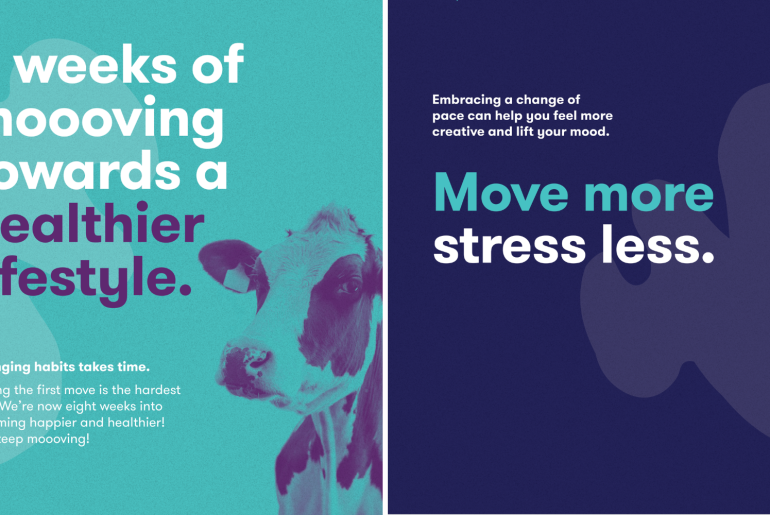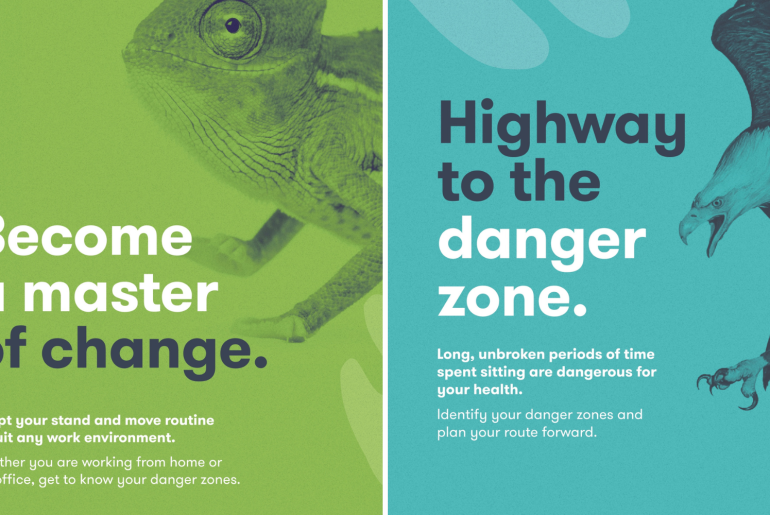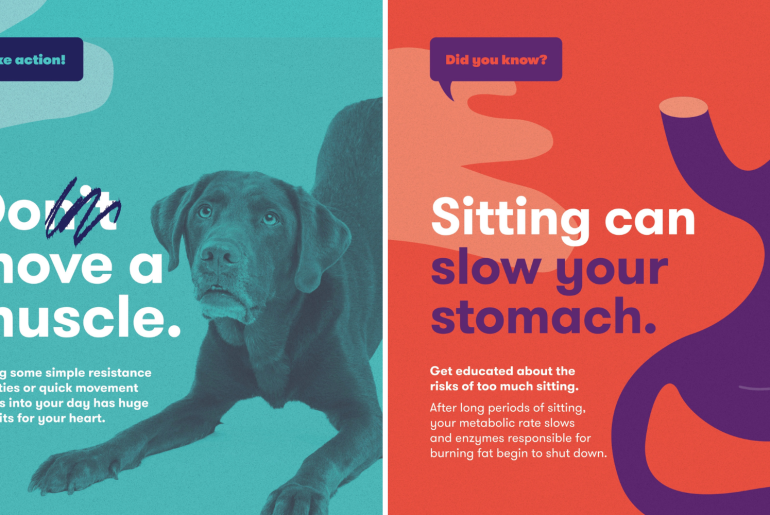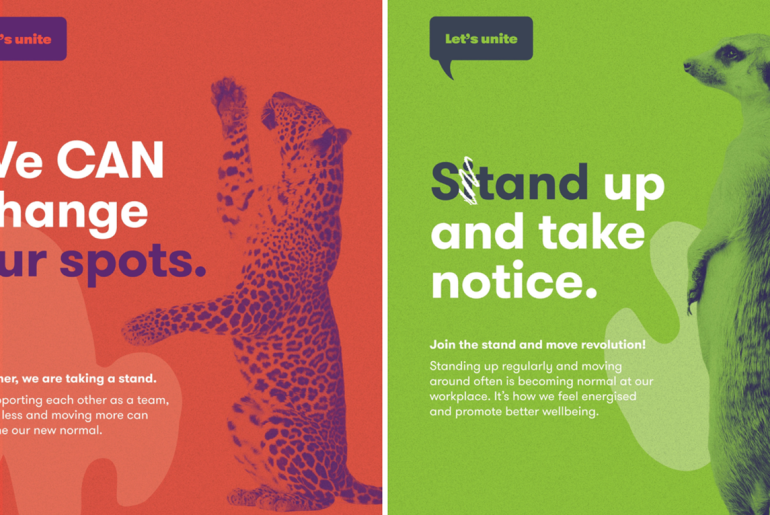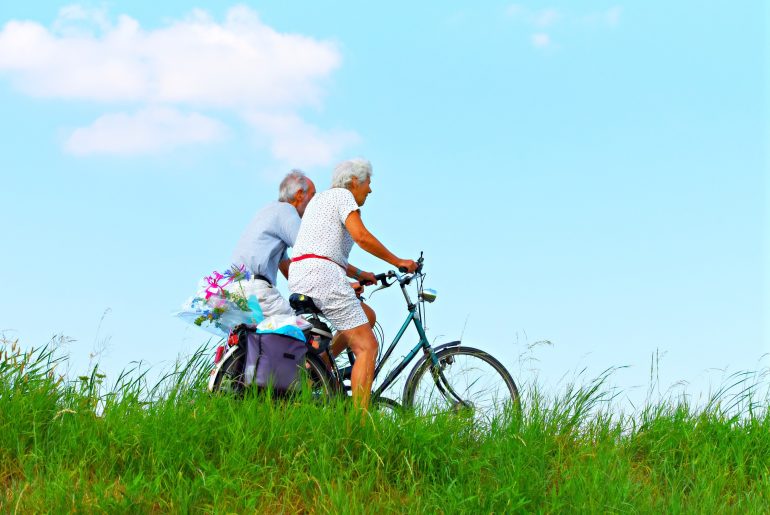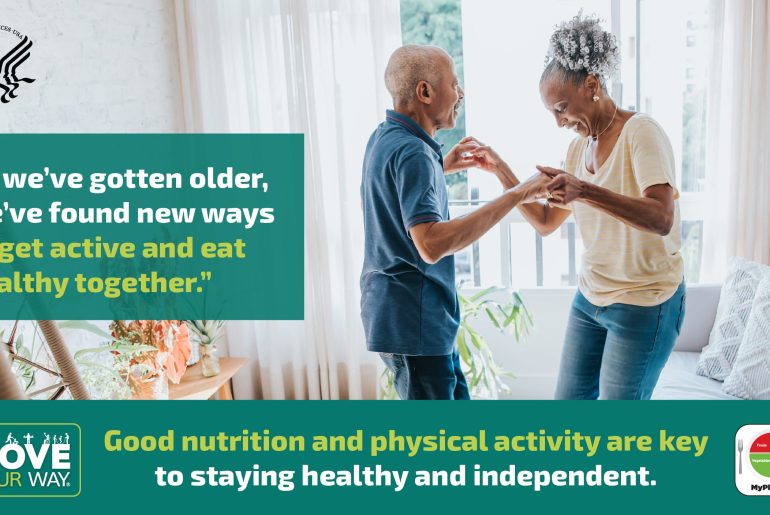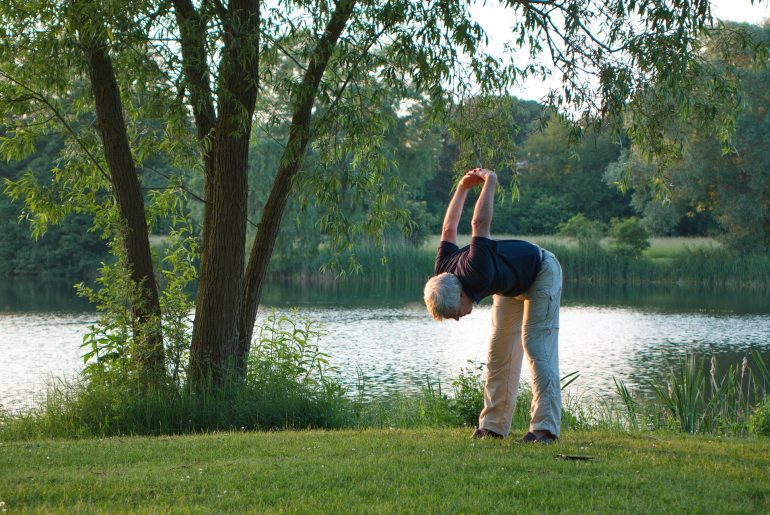We did it! We made a stand for our health. After two months of standing, moving, and embracing new habits, we’ve reached a significant milestone in the BeUpstanding program. But this is just the beginning of a journey toward happier and healthier lives. In weeks 6 and 8 of the program, the focus shifts to reinforcing the benefits of sitting less, celebrating our collective achievements, and setting the stage for lasting change. But what makes this part of the program so effective? Let’s explore how BeUpstanding, with its foundation in behaviour change theory, uses strategic messaging in weeks 6 and 8 to keep momentum strong and ensure sustained success. As discussed in our previous blog, BeUpstanding is grounded in robust behavioural change frameworks like the Behaviour Change Wheel (BCW), composed of the COM-B model, and the Theoretical Domains Framework (TDF). These models help guide the design of the program, ensuring it addresses not just individual behaviours but the broader social and environmental contexts that influence those behaviours. Here’s how BeUpstanding uses theory to keep workers engaged towards the end of the program and in the future: Capability As we near the end of the program, it’s crucial to reflect on the progress…
![]()

